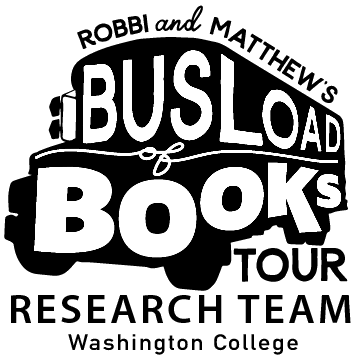Busload of Books Project
Faculty and students from Washington College are collaborating with The Busload of Books Tour, a yearlong project led by author Matthew Swanson and illustrator Robbi Behr to promote literacy and raise awareness of the challenges facing our nation's public schools. Over the 2022-23 school year, Robbi and Matthew are toured the country with their 4 children (and family dogs) in a renovated school bus. They will visit Title I schools in all 50 states and Washington, D.C. and give out 25,000 hardcover books to students and teachers.
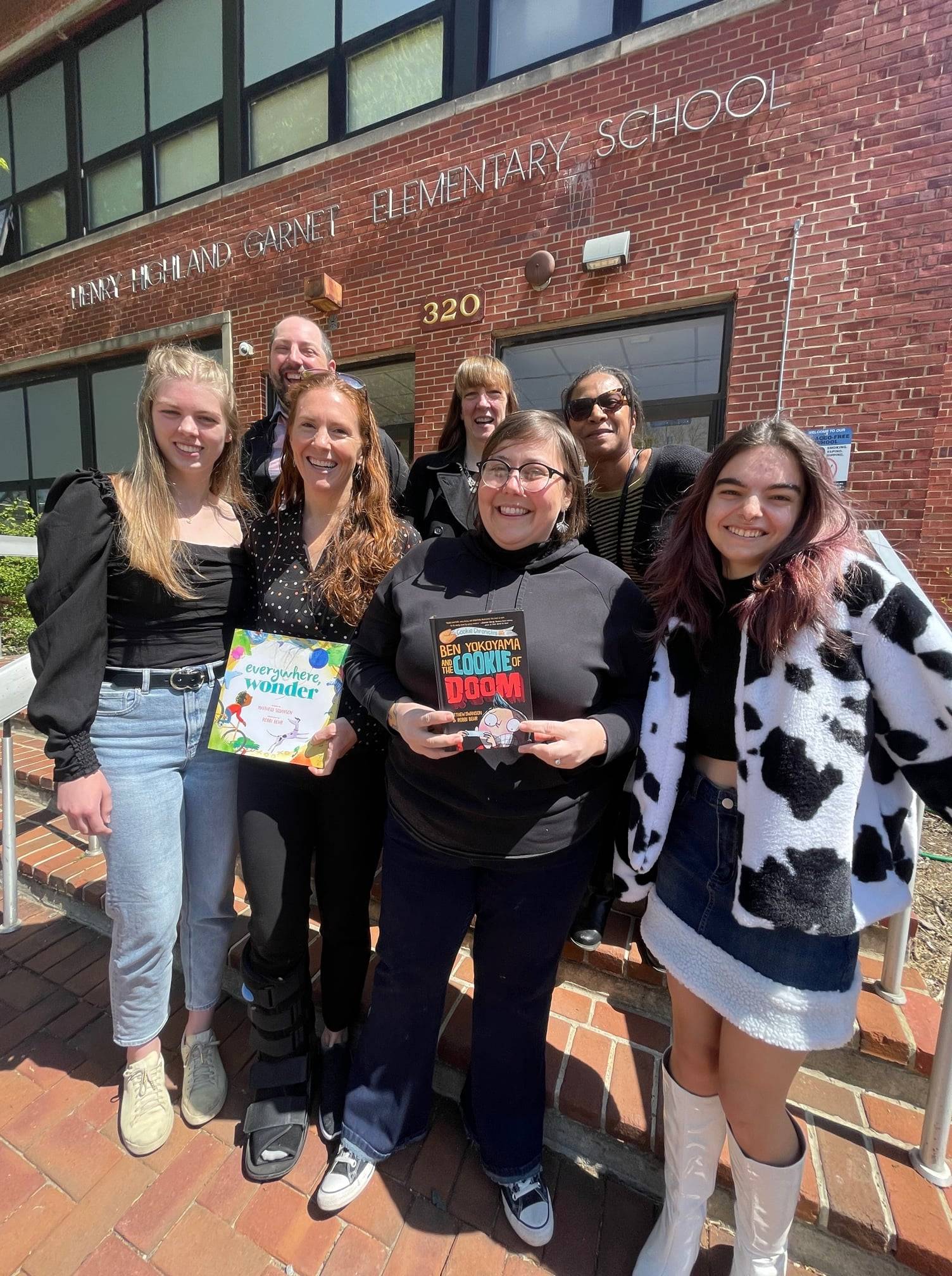
The Departments of Education and Sociology have partnered with Robbi and Matthew to conduct a major research project on the impact of author/illustrator visits on elementary student attitudes about reading and creativity. In addition to surveying students, we will also collect survey data from teachers and administrators in 29 states.
About the project
Busload of Books Research Project
Any children's author or illustrator will tell you that school visits create tremendous
excitement, positive energy, and engagement—while spurring reading, creativity, and
collaboration for students and teachers alike.
But any teacher, school administrator, or literacy advocate will tell you how difficult
it is to quantify the impact of these visits when trying to secure funding or write
a grant proposal.
In spite of being sought by many, data demonstrating the effectiveness of author/illustrator visits has long been elusive—because it can be difficult to measure something that only happens once, especially at the necessary scale.
The Opportunity
One of the most exciting (and potentially far-reaching) aspects of the Busload of Books Tour is the related research project being conducted by education and sociology scholars from Washington College to scientifically measure—for the first time ever at this scale—the impact of author/illustrator visits on elementary student attitudes regarding literacy and creativity.
The Research Project
As we travel the country presenting to 25,000 students, teachers, and administrators at Title I schools in all 50 states, we'll collect a massive, demographically diverse, national data set that allows a rare glimpse into:
- How K-6 students and educators think and feel about reading, writing, and drawing
- How these attitudes and beliefs vary according to social, cultural, and economic factors that shape literacy experiences in the classroom, school, and community
- How an author/illustrator visit and book giveaway impacts these student attitudes, beliefs, and practices. In short—does the experience make students more likely to read, write, or draw?
The Potential Benefits
The impact of this research will be particularly important for students in Title I-eligible public schools, for whom there is a demonstrated achievement gap and opportunity gap when compared to students at more affluent schools.
Opportunities for such enrichment experiences as author/illustrator visits come with a range of associated costs—from speaking fees and travel expenses to books to instructional materials—that often put these experiences out of reach for low-income students.
Demonstrating the benefit and impact of these experiences could help many students, teachers, administrators, grant writers, and literacy advocates by promoting sustained funding for future literacy programs and legitimizing their integration into school curricula as standard learning experiences.
This research will yield insights that help teachers best foster student interest and engagement with reading and lifelong learning—while disrupting the narrative that learning disparities are the product of unmotivated or disengaged learners.
The Research Team
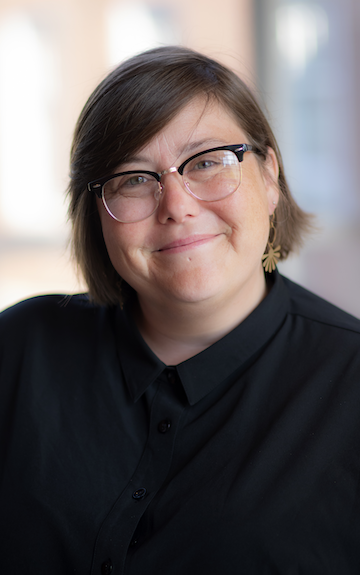
Sara Clarke-De Reza
Department of Education Chair
Assistant Professor of Education
Director of the Museum, Field, and Community Education Minor
Sara Clarke-De Reza
Department of Education Chair
Assistant Professor of Education
Director of the Museum, Field, and Community Education Minor
Sara spends her research-life trying to figure out how to create amazing learning
experiences in the places where schools meet communities. In her teaching-life, she's
worked in middle and high school classrooms, as a curriculum coordinator, and even
(briefly!) as a school principal. At Washington College, she teaches courses in the
historical, cultural, and psychological foundations of American education. In her
life-life, she's a mom, a dog-mom, a maker-of-things, and a collector of thrift store
art.
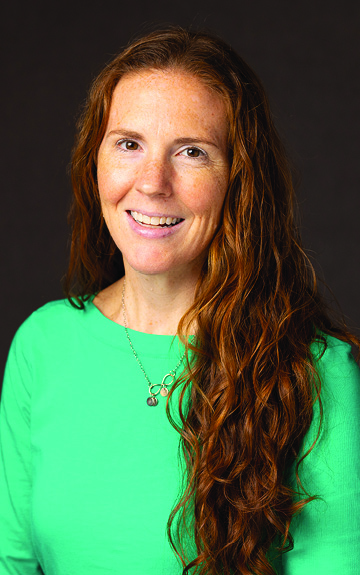
Bridget Bunten
Associate Professor of Education
Coordinator of the Elementary Education Program
Bridget Bunten
Associate Professor of Education
Coordinator of the Elementary Education Program
Bridget's path towards being an educator began when she was a student in a middle school Spanish classroom. It was the energy and passion of her teacher that inspired Bridget's interest in language, learning, and teaching. Before coming to Washington College, Bridget taught students ranging from 5 to 80 years old as a Spanish immersion teacher, an elementary classroom teacher, an ELL teacher, and an adult ESL and citizenship teacher. Educating future teachers to meet the myriad needs of the culturally and linguistically diverse student population in today's public schools is Bridget's focus in the college classroom. Beyond the classroom, she enjoys staying active by running, biking, or chasing one of her three young daughters with the help of her husband.
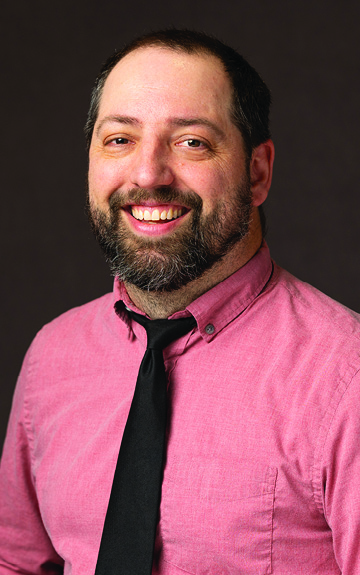
Nick Garcia
Assistant Professor of Sociology
Nick Garcia
Assistant Professor of Sociology
Nick loves two things: telling dad jokes and solving mysteries. Sometimes solving mysteries just means asking the right questions. Sometimes it means finding the right evidence. As a research methodologist, Nick has surveyed, interviewed, and mapped the world to investigate everything from the effects of the Americans with Disabilities Act to professional wrestling. At Washington College, Nick's Sociology courses address social inequalities, environmental justice, community development, and food insecurity. He's always asking how communities shape and are shaped by underlying inequalities. In this project, Nick will collect evidence from the Tour, complemented by US Department of Education and Census datasets, to examine how sociocultural factors impact literacy and creativity.
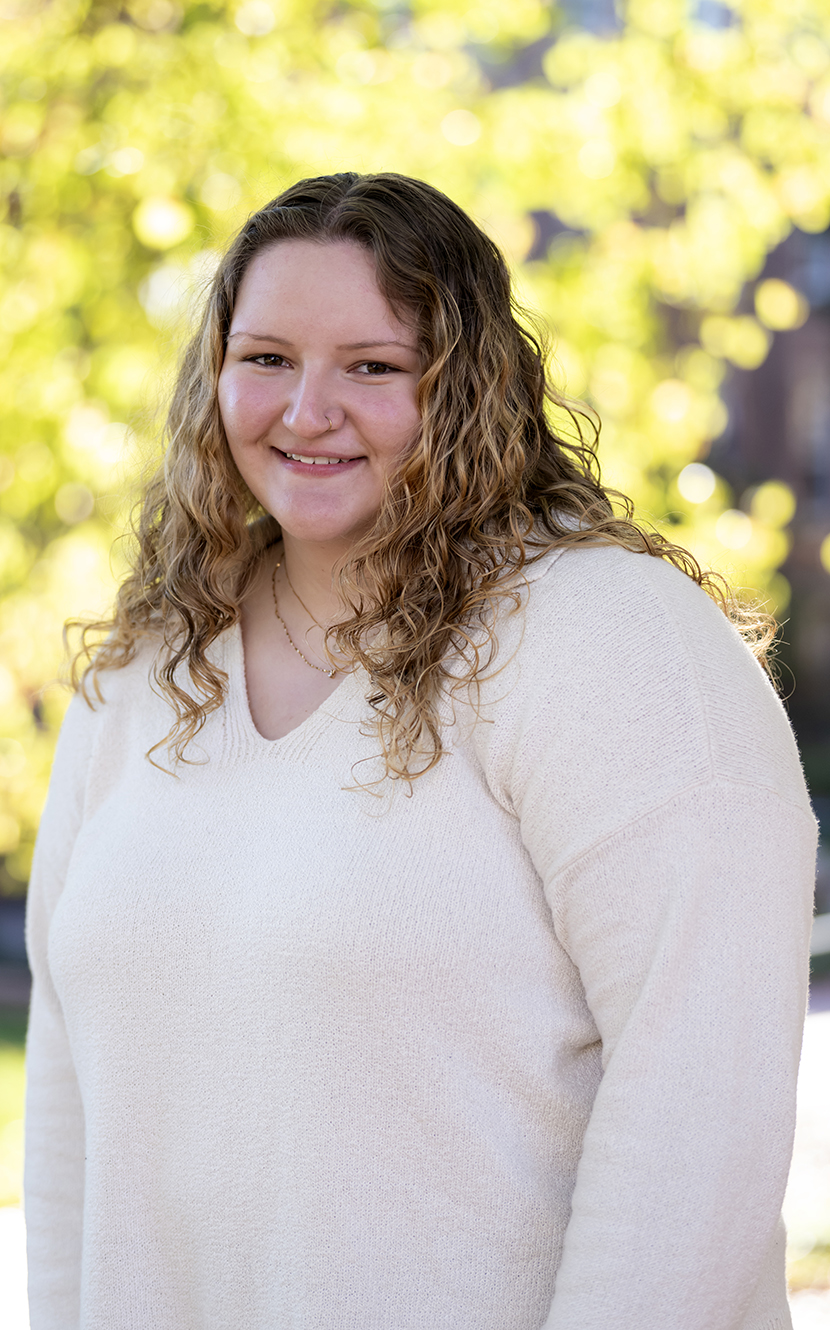
Emmie Meeks '26
Emmie Meeks '26
Emmie was particularly interested in the project when she first learned about it because she attended Title 1 schools growing up and was lucky enough to have experienced an author visit in middle school. She knows firsthand the impact that the work that Robbi and Matthew are doing has on students in low-income areas. Emmie is happy to work on a project doing work that she deeply cares about and sees this as an opportunity to give back to communities like the one where she grew up.
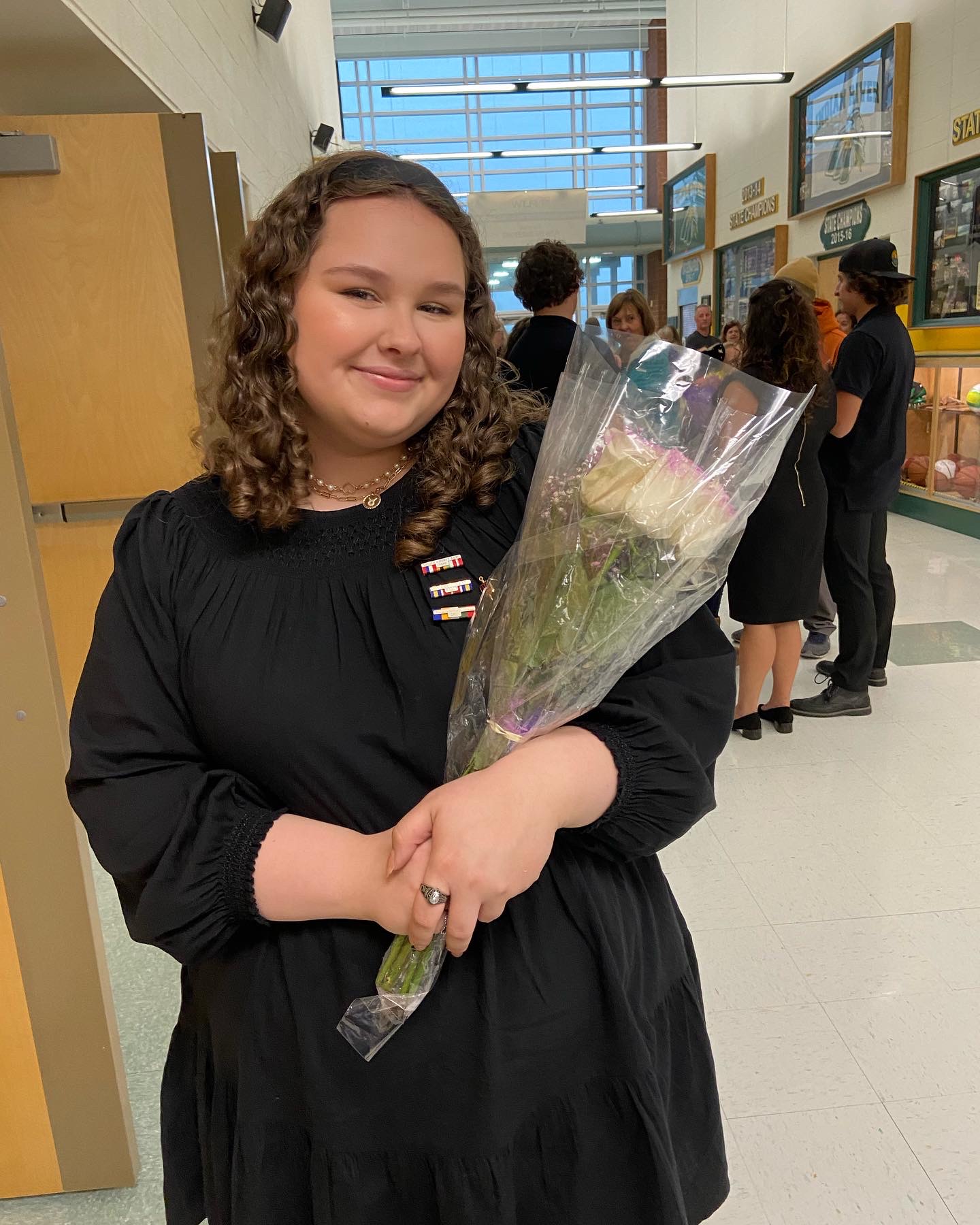
Brook Thomas '26
Brook Thomas '26
Brooke reads because she's eager to learn about anything and everything. Her reading journey began with a well-known title: the Merriam Webster's Children's Dictionary, which helped her discover that words could come together to form new worlds and stories. By upgrading to chapter books, to novels, and now to textbooks, she has been able to learn a plethora of useful (and sometimes irrelevant) information. With a major in Sociology and a minor in Social Welfare, Brooke hopes to use all of her acquired knowledge to help others and make a positive difference in the world.

Erin Counihan
Lecturer in Education
Coordinator of Secondary Education
Erin Counihan
Lecturer in Education
Coordinator of Secondary Education
Erin is pretty much all about books. At work, she teaches about and researches books and literacy and language, and she teaches her students how to teach about books and literacy and language—all with an emphasis on what it means to be a good reader and communicator in the 21st century. Before she joined Washington College, Erin was a middle and high school English teacher . . . teaching about books. She even reads books and talks to people about books for fun! When she's not reading books with her two cats, Erin likes to spend time outside with her husband, often chasing turtles.
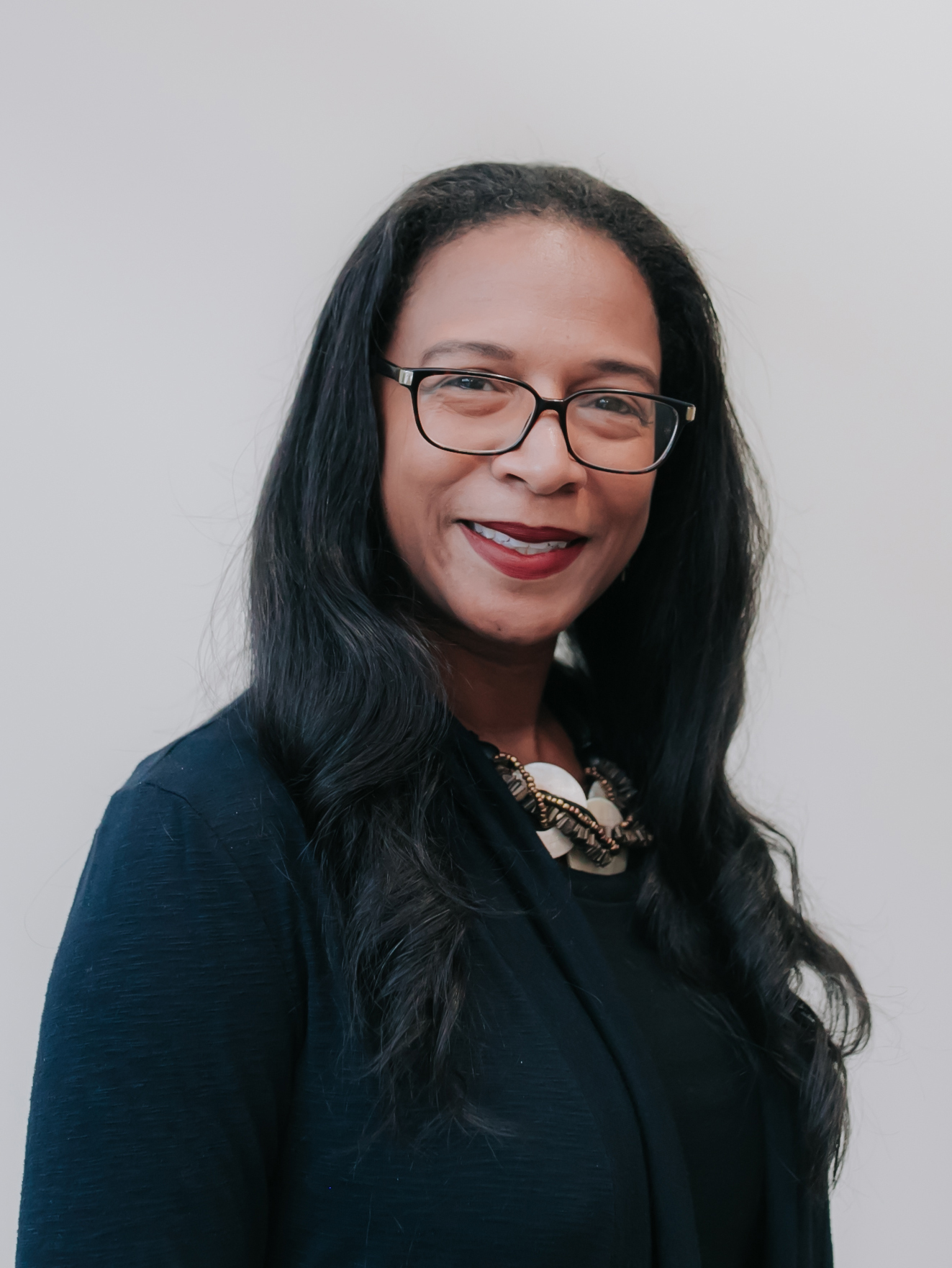
Michelle Johnson
Elementary Education Field Experience Coordinator
Michelle Johnson
Elementary Education Field Experience Coordinator
Michelle loves to think about how people learn. At work, she teaches students who want to be teachers. Her students learn how to teach math and science. They also learn how to teach students who may think and learn differently. Before she came to Washington College, Michelle taught elementary school in Washington D.C. and loved to take her students on walking trips to museums and parks. When she is not teaching, she likes to spend time reading, crocheting, and video chatting with her three children.
